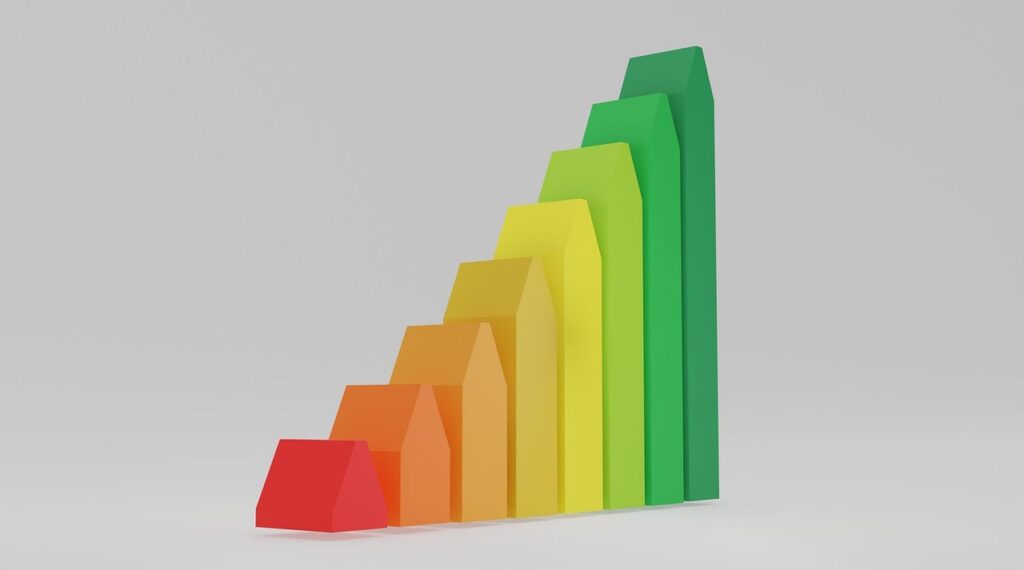English-Speaking Countries: The Bahamas Economy
Table of Contents
Introduction
The Bahamas, officially the Commonwealth of The Bahamas, is one of the wealthiest nations in the Caribbean region. While small in population and size, its economy is remarkably strong—driven by tourism, financial services, and a favorable tax system that attracts global investment.
The Bahamas Economy: Main Economic Sectors
The Bahamas economy relies on two main economic sectors: the tourism and financial sectors.

1. Tourism – The Economic Backbone
Tourism is the largest contributor to the Bahamian economy, generating more than 60% of the country’s Gross Domestic Product (GDP). It also employs over half the national workforce.
- In 2012, The Bahamas welcomed 5.8 million visitors, with over 70% arriving by cruise ship.
- Popular tourist destinations include Nassau, Paradise Island, and the Exumas.
- Attractions such as the Atlantis Resort, pristine beaches, and water activities make the Bahamas a premier destination for vacationers.
2. Financial Services – Offshore Banking and Investment
The financial services sector contributes approximately 15% of the national GDP.
- The Bahamas is known as a global offshore banking center, attracting international clients with its confidentiality laws, investment incentives, and ease of business incorporation.
- The government continues to introduce reforms to align the sector with international financial standards.
Tax Policy – A Competitive Advantage

The Bahamas is often labeled a tax haven because it has no direct taxation. The country maintains a competitive tax regime to attract both individuals and businesses.
There is no:
- Income tax
- Corporate tax
- Capital gains tax
- Wealth tax
Instead, the government collects revenue through customs duties, stamp duties, real property tax, licensing fees, and Value-Added Tax (VAT)—introduced in 2015.
Key Economic Facts
Here are some key facts about the economy of the Bahamas:
| Indicator | Data |
|---|---|
| GDP (nominal, est.) | ~$11 billion USD |
| Population | ~400,000 |
| Currency | Bahamian Dollar (BSD), pegged to USD |
| Main industries | Tourism, Banking, Real Estate, Fishing |
| Unemployment rate | ~10% (varies by year) |
| Major trade partners | United States, United Kingdom, China |
Key Vocabulary
| Word | Definition | Example |
|---|---|---|
| GDP | Gross Domestic Product – the total value of goods and services produced in a country | Tourism accounts for over 60% of the Bahamas’ GDP. |
| Tax haven | A country with low or no taxes, attracting foreign investors | The Bahamas is known as a tax haven. |
| Financial services | Economic services involving money management, including banking and investment | Financial services contribute around 15% of the Bahamas’ economy. |
| Tourism | Travel for pleasure or business, a major economic driver | Millions visit The Bahamas each year for tourism. |
| Offshore banking | Banking conducted in a foreign country for privacy or tax benefits | The Bahamas hosts many offshore banks. |
Quick Quiz: True or False?
Do the following quiz about the Bahamas economy. When you finish, click the button to check your answers:
Answer True or False
- The Bahamas has income and corporate taxes. (…)
- Tourism employs less than 25% of Bahamian workers. (…)
- The Bahamas has one of the highest GDPs per capita in the Caribbean. (…)
- Over 70% of tourists to The Bahamas arrive by cruise ships. (…)
- The country introduced VAT in 2022. (…)
- The Bahamian dollar is pegged to the US dollar. (…)
- Financial services are not important in The Bahamas. (…)
2 → False
3 → True
4 → True
5 → False (it was introduced in 2015)
6 → True
7 → False
Related Pages
- The Bahamas Fact Sheet
- The Bahamas Geography and Climate
- Tourist Attractions in the Bahamas
- The Bahamas Economy
Here are more posts about English-speaking countries:


